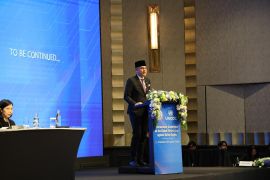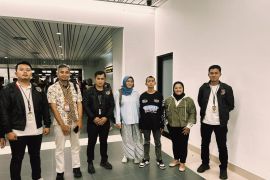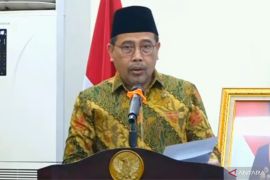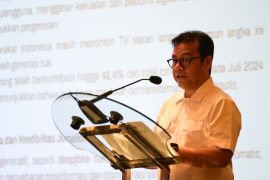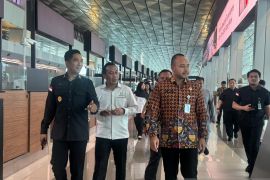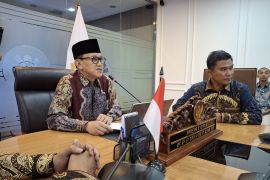She informed me that Indonesia was recorded as a country of origin for human trafficking in a number of regions, such as Malaysia, Singapore, Brunei, Taiwan, Japan, Hong Kong, and the Middle East.
According to her, one of the factors causing human trafficking is economic problems and poverty.
"Human trafficking is not only about sending migrant workers. Often, this practice intersects with employment issues, so the victims end up becoming victims of human trafficking because they were previously lured to work abroad," Susianawati explained.
She addressed the fact that in many human trafficking cases, the perpetrators often used technology, starting with the job advertisement, the recruitment process, and even the financial management of the perpetrator's business, which was carried out online.
Currently, human trafficking perpetrators are not only targeting people with low levels of education but also people with higher education, she noted.
Data from the Online Information System for the Protection of Women and Children (Symphony PPA) noted that from 2020–2022, there were 1,418 cases of human trafficking with 1,581 victims.
Moreover, human trafficking affects not only physical victims but also economic ones. Data from Global Financial Integrity in 2017 showed that an average loss of around Rp1.6 trillion is generated from transnational activities, including human trafficking.
Related news: Indonesian embassy picks up 26 suspected job scam victims in Myanmar
Related news: Human trafficking uncovered maximally thanks to task force: Polri
Related news: Indonesian Police rescue 2,027 trafficking victims
Translator: Anita Permata D, Resinta S
Editor: Azis Kurmala
Copyright © ANTARA 2023


